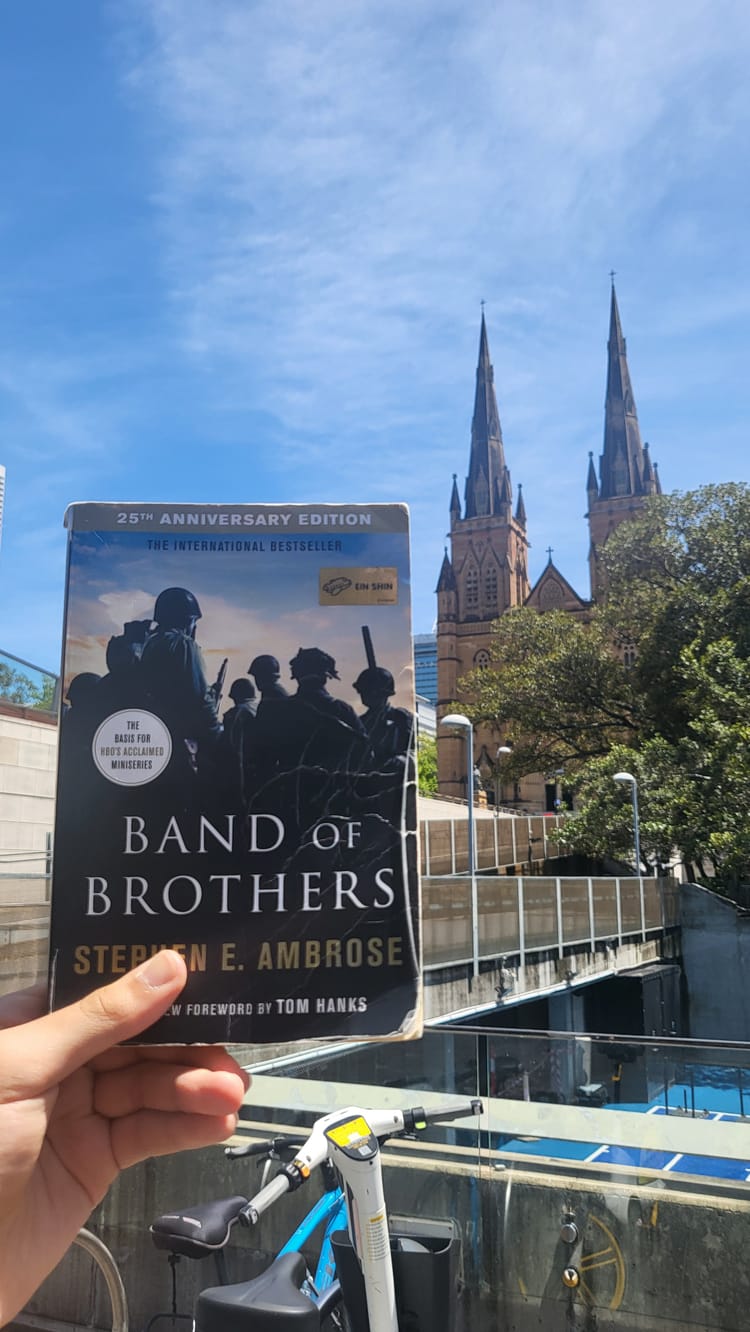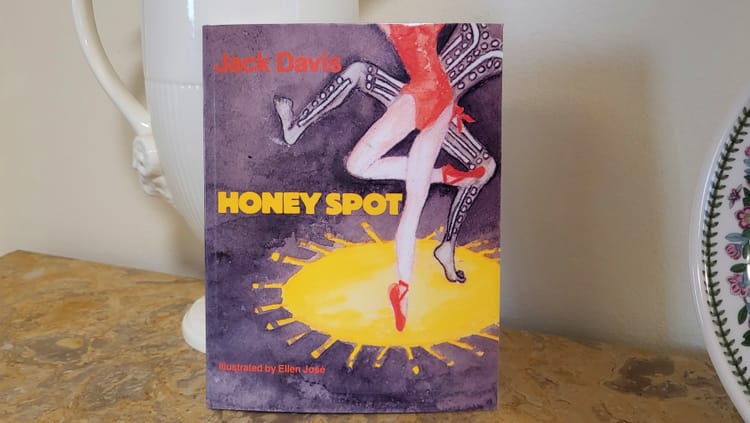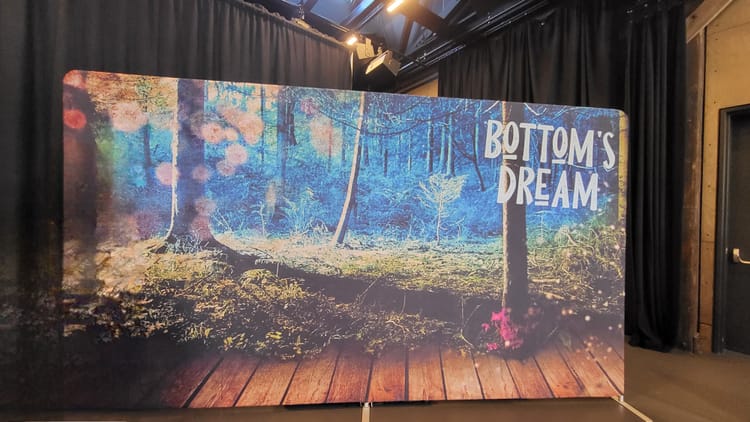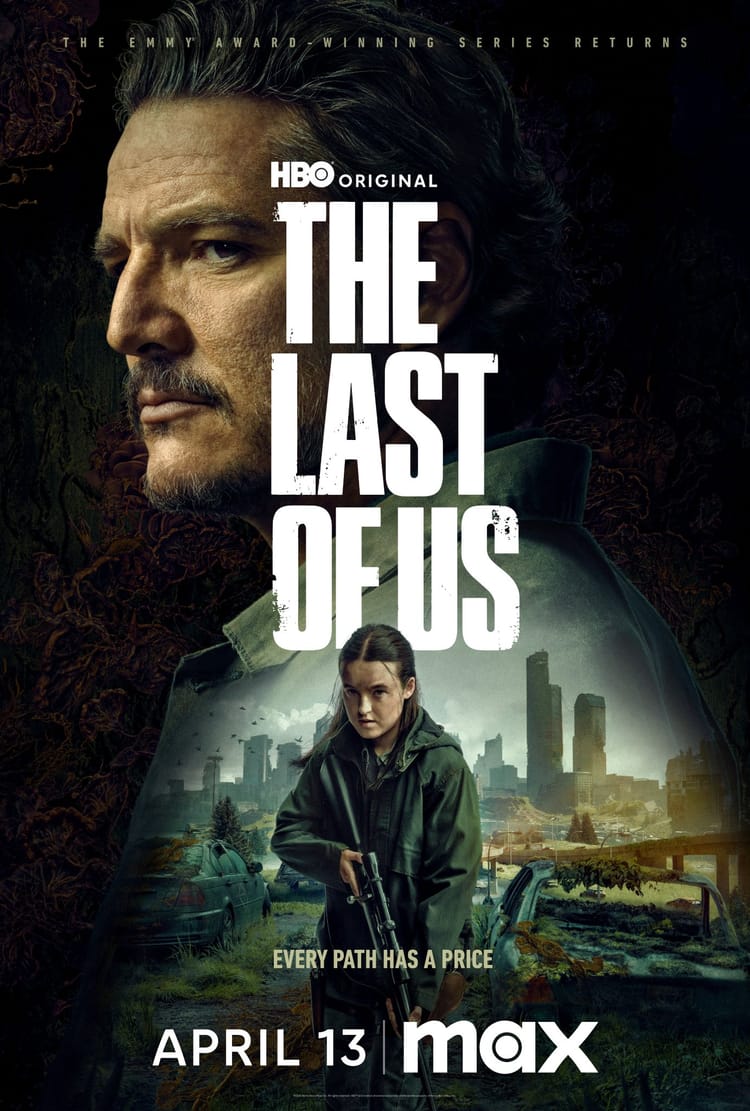Review: The Hunger Games


The most realistic game in the world is here. A world collapsed from nuclear fallout and confined to twelve districts, labouring under the oppressive eyes of their own government. While each year means another year of working for the districts to the government, each year means another round of endless entertainment and decadence for the government citizens. For those 24 who are picked for the games and pitted for death against each other, only one may be the victor. Yet, even winning comes at a cost, for survivor's guilt lingers next to them, the ghosts of people they murdered, both comrades and foreigners, burns what little soul remains. The Hunger Games burn on.
In response to the chaos and despair of this disintegrated society, the Hunger Games were conceived as a tool of absolute control - designed to ‘unify’ the districts under Capitol rule. Operated as a symbol of entertainment, it was masked as a theme of education for the districts that without one sovereign ruler, the districts would collapse. Each year, each district would send 2 young tributes to fight for their district in the Hunger Games. Yet, their mental experiences of their remnants of humanity would far outweigh the physical impacts.
Once inside the arena, the battleground transforms into a stage for desperate personal choices where the instinct of survival and ideal of humanity collide. In the Hunger Games, two moral dilemmas are constantly at play: survival and betrayal, unboxing the Prisoner’s Dilemma. Tributes in the Hunger Games are quick to form alliances to fight with, offering safety in numbers. Yet, in the end, there is only one victor. Tributes are forced to kill even the closest of their allies in order to secure their own and their family’s lives and wealth. In the final moments of the Hunger Games, both realise that there can only be one person to take home the winnings, unveiling the true potential of sacrifice and a sense of protection.
Beyond the brutal spectacle of the utilitarianism of the Hunger Games for the Capitol, the districts and Capitol citizens adhere to an unsettlingly rigid system. While most districts - 3, 5, 6, 7, 8, 9, 10, 11, and 12 - reject the Capitol’s grip, Districts 1, 2, and 4 stand as its most devoted loyalists. Rather than question authority, they accept the Capitol’s decrees without hesitation, embracing its propaganda as unquestionable truth. Even when the Capitol’s actions turn undeniably sinister, its followers cling to the illusion of ‘good intentions,’ blind to the darker reality the Capitol makes before them. This creates a subordinate and abiding system similar to that of Animal Farm.
As the arena thickens with the blood of fallen tributes, it is also filled with stories of valour and heroic sacrifices for other people that, in a way, establishes a sense of debt. Peeta Mellark, Katniss’ District 12 companion, had saved a piece of bread for Katniss when they were young and starving, and even in the most desperate times were always there for each other. In this sense, Katniss feels as though this is a debt that cannot be paid, however high the cost. Katniss’ alliance with the District 11 female tribute, Rue, brings her a debt that is later paid by the District 11 male tribute, Thresh, who spares Katniss’ life in the light that she did everything to save Rue. These remind even the hardiest of Capitol fans that even in a society engineered for brutal survival, the enduring power of human connection and selflessness continues to challenge the darkness.
As an idea of a darker totalitarianism, the Hunger Games is presented as both a grim reflection of oppression and a testament to the resilience of the human spirit. Beneath the bloodshed and political manipulation, the tributes serve as a reminder that their humanity refuses to be extinguished. The Hunger Games brings out the humanity inside the tributes: their mental suffering, their split-decisions, and betrayal and ideas of utilitarianism benefiting those of the tributes’ family and the Capitol’s entertainment. Their struggles intertwine external oppression with internal conflict, revealing that even in dehumanising conditions, the spark of humanity endures.





Member discussion